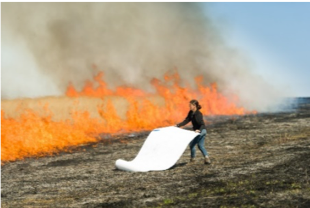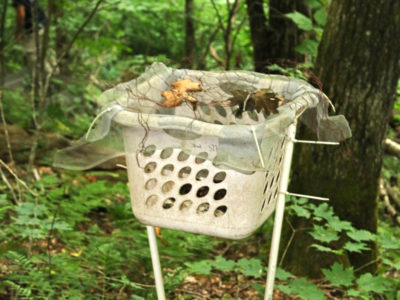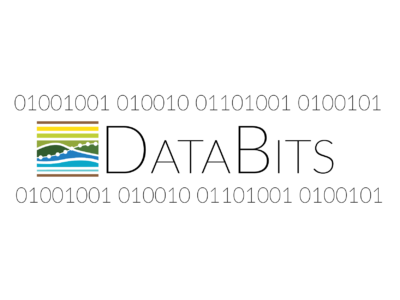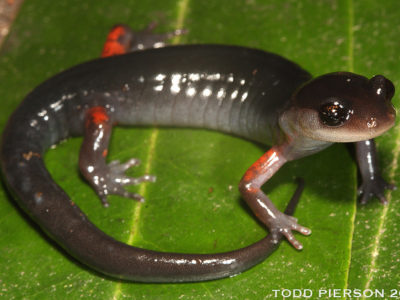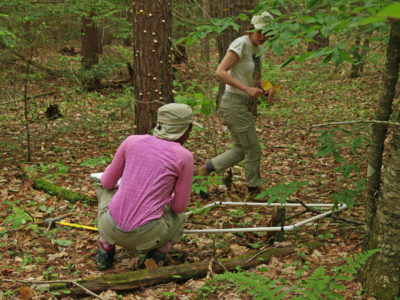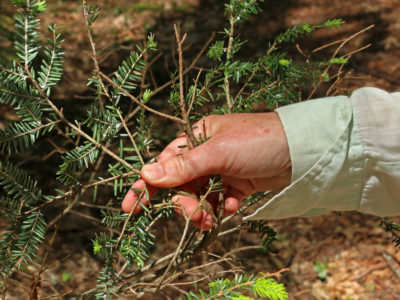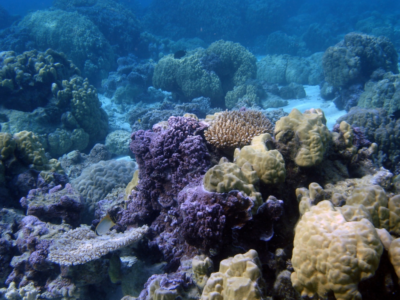News from the NCO: 2018 Spring
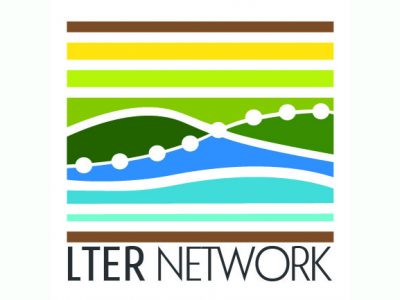
April 9, 2018 News from the NCO is a forum for sharing news and activities from the Network Communications Office and from across the LTER Network. This is our water cooler. If you have personnel changes, new grants, cross-Network activities that might interest your LTER colleagues, please send them along to downs@nceas.lternet.edu. Going to SACNAS… Read more »


